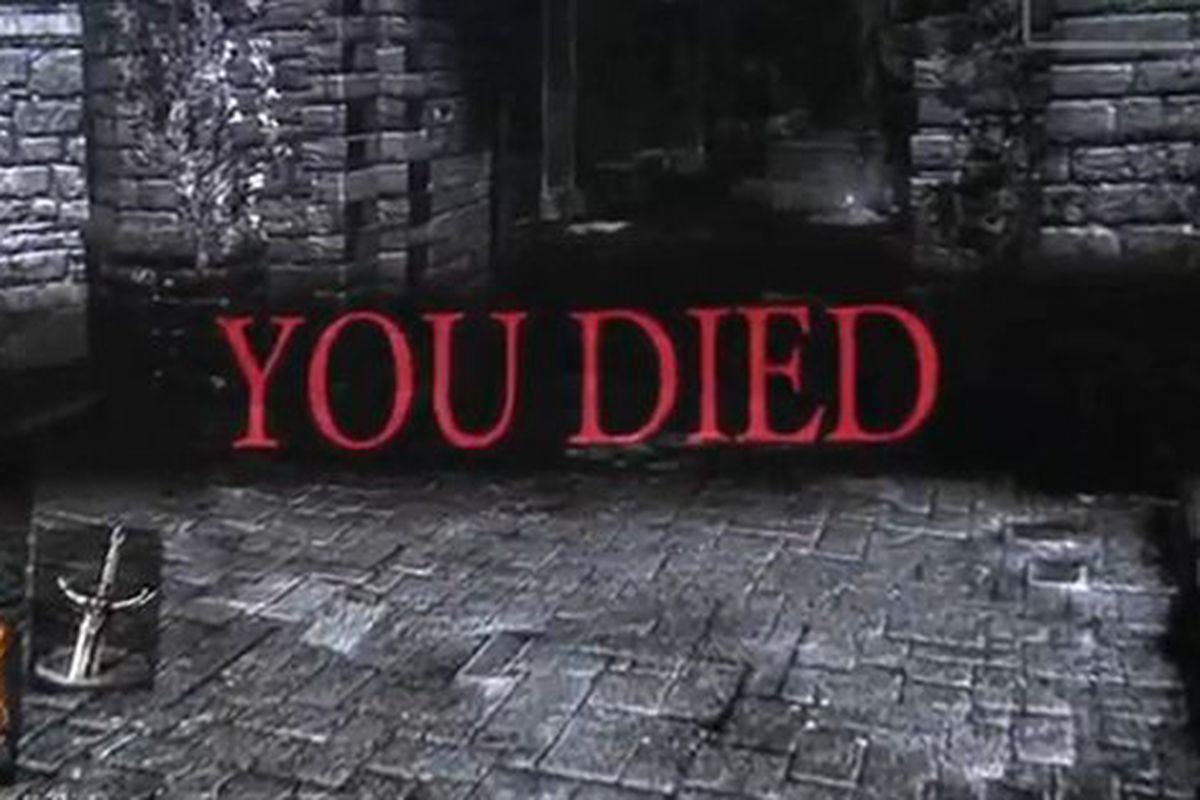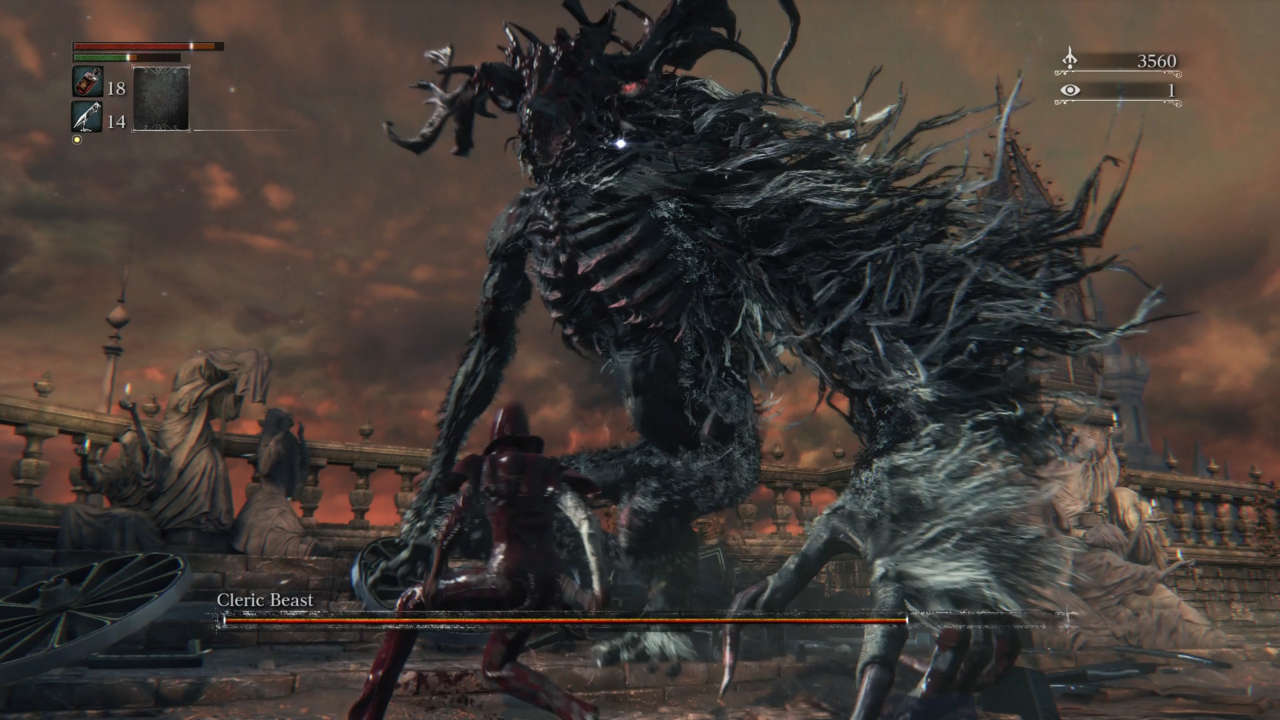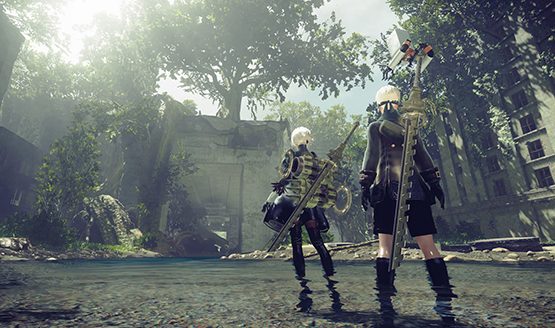
Have you ever had a “Holy shit, I just died!” moment while you were playing a video game? I have, but it was only pretty recently. It happened while I was replaying Bloodborne with some friends. We were all pretty rusty after having a few months without touching a Souls title, so we died a lot. I mean, no we didn’t—we totally first-timed Ludwig! I completed the whole game in under two hours, all right? I’m not a scrub; git gud or go home. Anyway, after a few beers, and easily ten deaths each, I started thinking about the mechanic of death in games. Yes, I am fun at parties. Anyway, I started to wonder—what does gaming teach us about death?
Dark Souls and Bloodborne obviously drop the infamous YOU DIED every single time you fail, but what about other games? The one thing that seems to be different in almost every game I’ve ever played is its approach to death. Most games need some kind of game over system, because you can’t really beat a game that can’t beat you. There’s no sense of accomplishment, so even if you’ve completed it, you haven’t beaten it. However, literally dying in a game is quite a strange phenomenon, even if it is only vicariously through a virtual avatar.

Some games punish you until you learn. That’s what Bloodborne does. You progress, then you die. You learn how to avoid dying at that part, and you manage to get past it. Then you die again, and so on. In Bloodborne, though, death isn’t a particularly big deal. The narrative is set in such a way that death isn’t so much a game over as it is a setback. It isn’t even really death, because you reawaken as the same person. Although this is the way in which Bloodborne deals with death, some games allow you to start right from where you left off—hell, Persona 5 lets you just resume the fight from where you “died” with full HP if you’re playing on the easiest difficulty. The first time you die in NieR: Automata, it becomes one of the game’s 26 possible endings, as your story is technically over—because you kinda died, in case that wasn’t clear. Actually, come to think of it, what’s the deal with Sony exclusives and death?
There’s a quotation that stuck with me from a book written by Haruki Murakami that I read a while back: “Death is not the end, but a part of life.” I think, in a strange way, gaming makes death a little less scary, and steers it toward something a little more meaningful. I think it teaches us that it’s a real thing, and that as horrible and sad as it can be, it can teach us some really valuable lessons. While we may not get to restart the level in real life, the story’s never really over as long as other people are playing.

By making the player fail on a regular basis, games teach them how to deal with defeat, loss, and, quite literally, death. It obviously isn’t even close to the real-life equivalent of that last example, but by attaching significance to the former two, it helps to make death a little more tangible and a lot more real. It’s a part of life and it isn’t something that should be ignored; it’s important to embrace it as something that is human, something that is inevitable. It’s terribly sad and I wish we could all be immortal and carefree, but it’s also the force that makes life significant in the first place. In the same way that pain teaches you how to experience joy, death teaches you how to live. While books, movies, and TV shows can show you what it looks like to be defeated and die, games make it your responsibility to either overcome it or endure it. It’s a very intimate experience when you die in a game after having played for several hours, as you’re pretty invested in the world and the character you’re playing through at that point. The disappointment and frustration you feel manifest themselves in your willingness to try again, to refuse to be defeated. Death brings about an undying desire to succeed, and it is the force that is associated with the end of life that becomes the force that drives you to make the most of it.

Experiencing death in video games is important because you get to take something away from it and use it in the real world. You learn to appreciate that you’re a part of the here and now, and for as long as that’s the case, you’re going to make the most of it. You’re here to progress to the next level, to lose to the boss ten times, but to return on the eleventh and emerge victorious. By affording us the a ability to be defeated into the most ultimate and final way within the safety of a virtual world, games can teach us to make the most of life. “Death is not the end, but is a part of life.” That’s the lesson these games teach you, and it’s probably one of the most important and grounding lessons you’ll ever learn.




